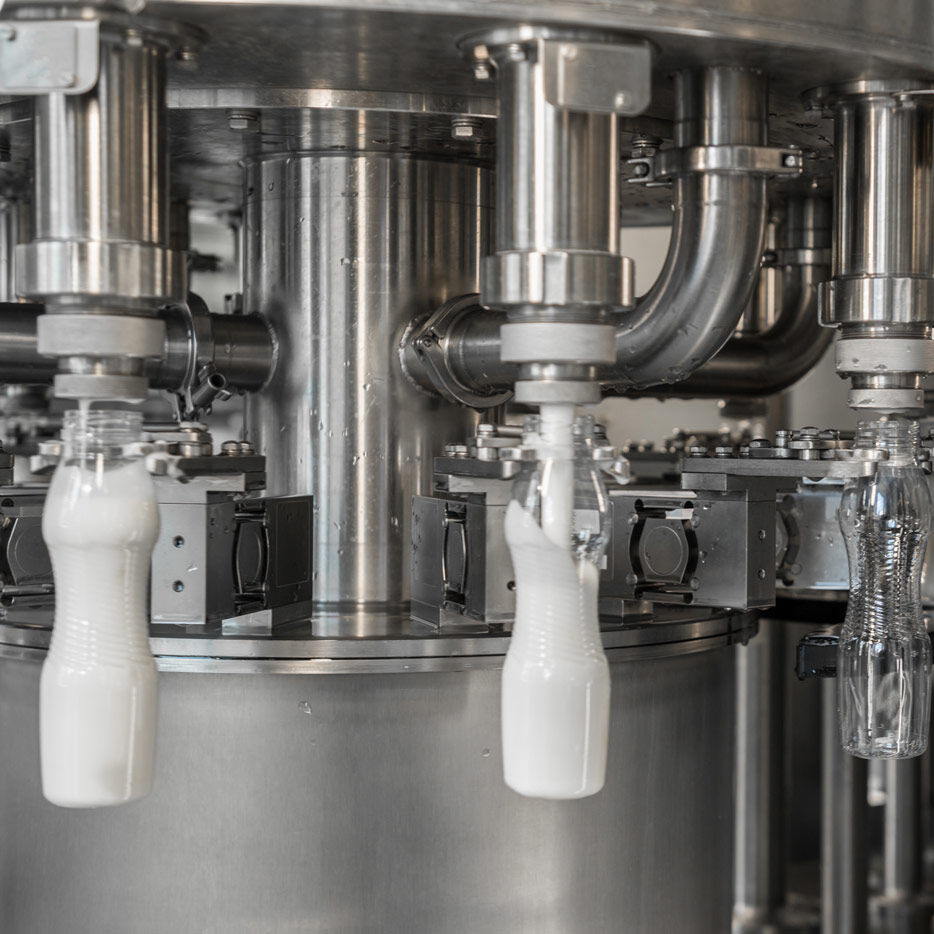COST REDUCTION & INCREASED EFFICIENCY IN FOOD AND BEVERAGE PRODUCTION
Reducing production costs in the food industry and increasing profitability
The food industry is confronted with declining purchasing power and price sensitivity among consumers as well as rising wage costs and unfavorable price trends for raw materials, energy, operating resources and logistics.
This development can only be offset to a very limited extent by growth strategies in stagnating and increasingly fragmented food markets. To protect and further increase their margins under these difficult conditions, companies must systematically examine every area of their value chains and production networks for potential savings. The aim is to identify cost levers that neither negatively impact their ability to act and innovate nor weaken their market position by compromising on quality and competitive differentiation.
EFESO ensures that cost and efficiency potentials in the food and beverage industry are consistently leveraged, and that resources and capacities are focused on growth topics:
- Operationalization of strategy: transformation of strategic targets into a system of key figures for holistic and efficient cost and revenue management, implementation in the organization and development of a multi-level management system for the operational management of initiatives and ongoing processes.
- Supply chain: use of forward-looking, data-supported supply chain management methods to ensure high process efficiency, consistent interface optimization and precise, near-real-time planning.
- Productivity increase: optimization of machine and system utilization and reduction of costs through the implementation of intelligent production concepts, reduction of personnel requirements through automation of manual processes. Increase in system effectiveness and availability (OEE) through troubleshooting, standardization of system parameters and predictive maintenance.
- Resource efficiency and waste reduction: lowering resource consumption and reducing the waste of raw materials by introducing innovative, digitally supported production and packaging processes.
- Leadership and organizational development: empowerment of employees and managers, introduction of effective, digitally supported management instruments such as digital shopfloor management and continuous increase in work productivity.
COST REDUCTION & INCREASED EFFICIENCY –
Designing and establishing transparent, lean, and efficient processes in production and supply chain management
Further solutions for the food & beverage industry








